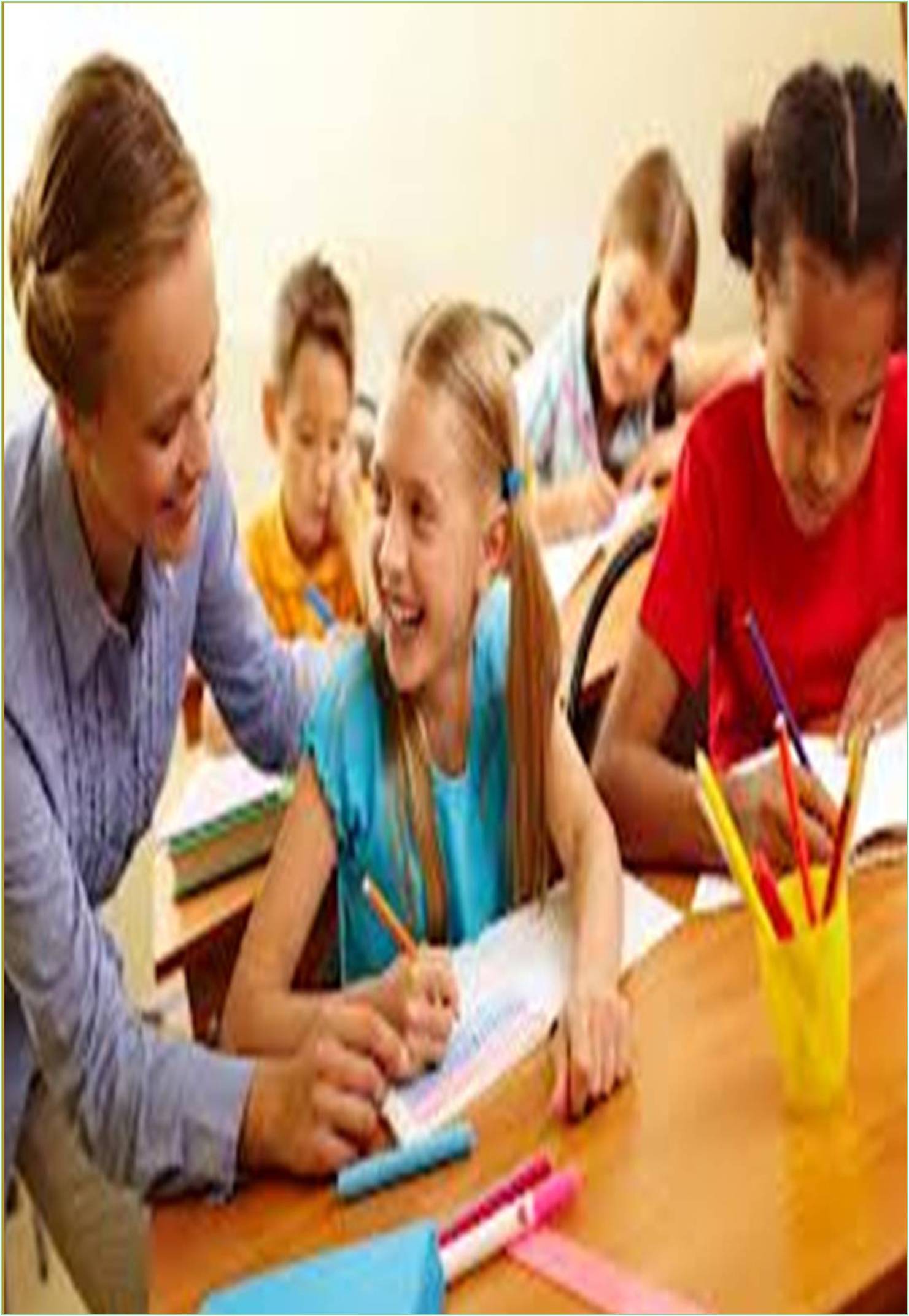



Received: 02-Aug-2022, Manuscript No. GJSES-22-73255; Editor assigned: 05-Aug-2022, Pre QC No. GJSES-22-73255(PQ); Reviewed: 19-Aug-2022, QC No. GJSES-22-73255; Revised: 26-Aug-2022, Manuscript No. GJSES-22-73255(R); Published: 02-Sep-2022, DOI: 10.15651/2465-7212.22.8.029
The goal of special education is to teach pupils in a way that takes into account their unique needs and differences. The creation of a specially designed educational process that is individually planned and meticulously observed, as well as the use of modified tools and resources, would be ideal components of this procedure. These treatments are intended to support individuals with special needs in achieving greater degrees of personal autonomy and achievement in learning environments and social settings. The 504 plan is distinct from special education. This is so that kids with disabilities can access public education but do not need specialized academic support, thanks to Plan 504's housing and services. A personalized education plan, or Individualized Education Program (IEP), should be created for students with disabilities or special needs who require particular academic support from special education teachers. Some IEP students may enroll in special education programs, while others may enroll in general education courses that include housing, renovation, pull-out services.
Education Needs in Human Society
Everyone has the chance to learn new information and soft skills that will enhance their lives through education. Education also enables kids to appreciate themselves, their goals, and their knowledge from a young age and to recognize the special possibilities they have been given. It cultivates a way of experiencing life as it exists within us. It aids in opinion formation and perspectives on life's events. Whether education is the sole thing that imparts information is a matter of contention. Education has several effects on society, from raising standards of living to encouraging the development of both society and gifted individuals. The purpose of education in society is to provide opportunities for people to learn things and develop abilities that can truly alter the course of history.
Primary Education
The first official level of education, occurring between preschool/kindergarten and secondary school, is typically known as primary education. Primary education may be received in junior high school elementary school, or both, depending on the location. The basis for children's future preparation is laid by their primary schooling. Because of this, the majority of nations mandate that all citizens receive a basic education. Character development in children starts at a young age and offers a method for learning. The child's overall development should get consideration. Socializing, picking up new abilities and sharing with classmates are the first steps in the process. New things are taught when your child is at ease. Children's inner and outer growth is greatly aided by elementary schools. Primary education for children provides several advantages, according to the United Nations Children's Fund (UNICEF). Promote gender equality, lower infant mortality, decrease poverty, and increase awareness of environmental issues.
Secondary Education
One of the most crucial periods in every student's life is their time in secondary education. One of the finest methods to enhance a person's economic situation, empower girls, provide many young people a foundation, and lower infant mortality in India is through this. Therefore, secondary education is a must for all pupils, regardless of their social standing, gender, or family income.
1 Secondary education benefits individuals
2 Lessen the number of child marriages
3 Reduces infant mortality
4 Helps people become more financially stable
5 Encourages social equality, and
6 Lowers crime rates
Implementing Special Education
Students in special education have substantially diverse daily levels of participation in the general classroom. These inclusion levels frequently change depending on the type of disability that children in special education programs have. The performance of students can be significantly improved by a well-executed educational method. A series of planned and intended efforts with the goal of integrating evidence-based practices into a practical setting is often referred to as an implementation.
Services Needed for Special Education
Children with special needs should receive an education in the most constrained setting possible. This means that as often as possible, your child should receive instruction from a healthy companion. Children with intellectual, hearing, visual, speech, or learning challenges or those who exhibit emotional, behavioral, or cognitive conduct may benefit from special education programs. Higher education and research institutions provide educational services to professors to enhance the caliber and efficacy of higher education in the structure of higher education. Implementing educational policies, achieving academic objectives, and promoting the efficacy of the overall educational system are all supported by education services.
Expression of the Educational Services Objectives
Development, assessment, and enhancement of educational programs, Improve teacher education procedures and abilities, transform your educational process to be as efficient and cost-effective as possible, and make your learning experiences valuable to your students as well. Promote higher education, emphasize design, and encourage creativity across endeavors.